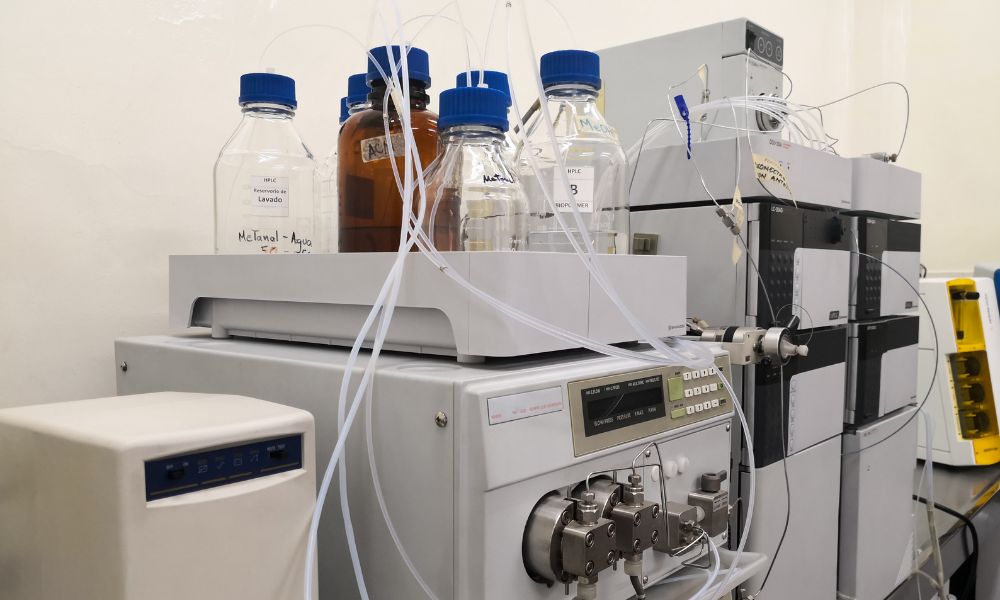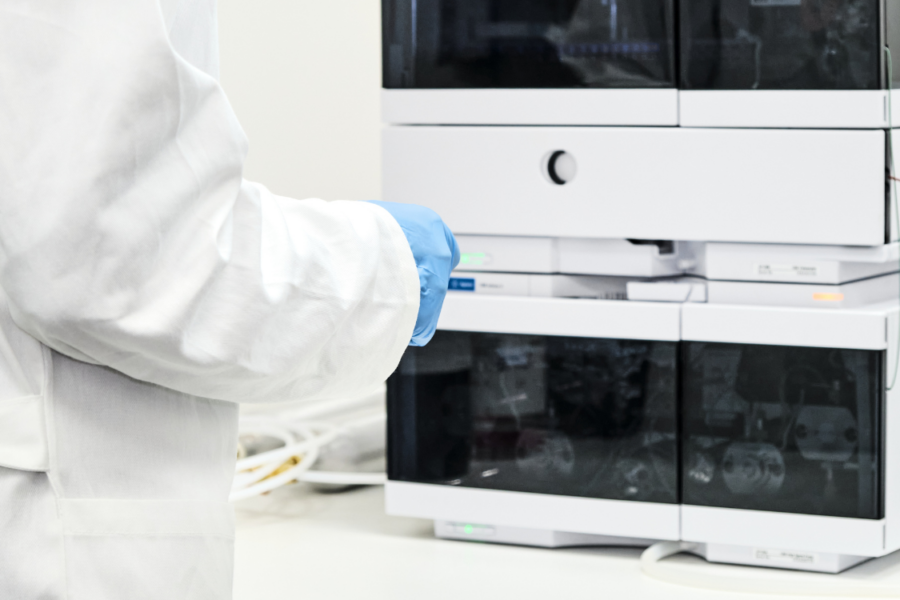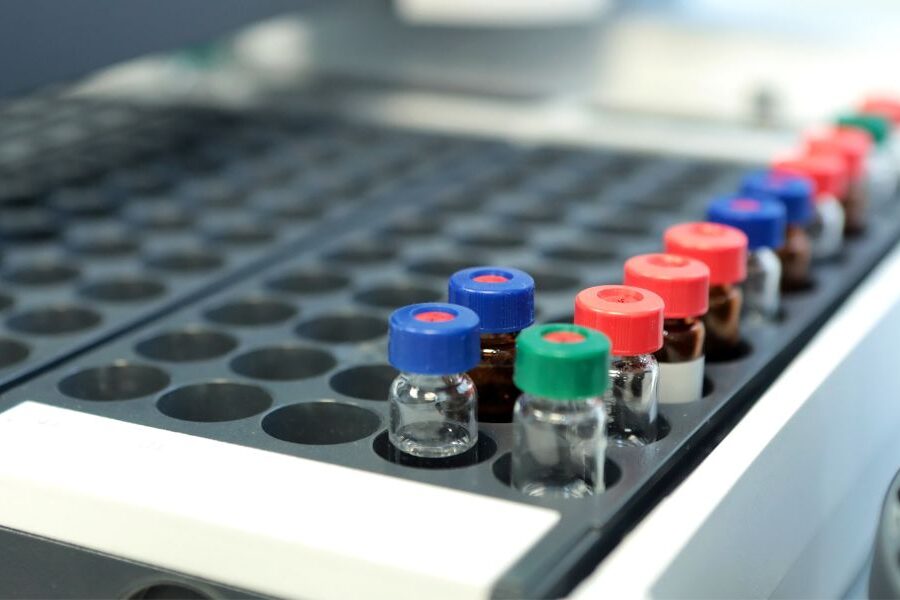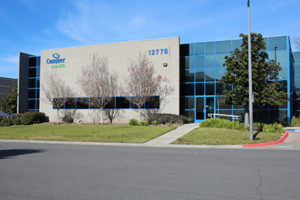While high-performance liquid chromatography (HPLC) systems are incredibly useful and versatile, they can also produce many problems. If your HPLC isn’t working properly, it’s likely due to one of the reasons below.
Incorrect Flow Rate
A typical issue for many HPLC systems is pressure problems. The problem could be an exceptionally high backpressure causing leaks or a low backpressure thwarting the analysis.
High backpressure and low backpressure often result from an incorrect flow rate. Too high of a flow rate creates high pressure, while too low creates low pressure. Double-check the flow rate of your HPLC system if experiencing backpressure problems, and adjust accordingly.
System Leaks
Another cause of low backpressure and many other HPLC problems is system leaks. Leaks are a common nuisance, especially for older HPLC systems and ones that don’t receive proper care. And there are many areas where leaks can pop up in an HPLC system, from the fittings to the pump, injector, column, and detector.
The most common source of an HPLC leak is loose, broken, or overtightened fittings. It’s wise to check the fittings of an HPLC before every use. It’s also important to frequently run HPLC tests before analysis to ensure no leaks are present before beginning work.
Injector Blockage
Another common source of issues for HPLC systems is the injector. There are many ways that an injector can malfunction, but often it’s due to blockage in the loop or waste line.
Blockage can build up in an HPLC injector if it doesn’t undergo thorough cleaning and maintenance after every use, as waste and contaminants coalesce in the injector. Always clean the injector after use. If you don’t, it could get so blocked and contaminated that you must completely replace it.
Mobile Phase Issues
Another potential reason your HPLC isn’t working properly is problems with the mobile phase. There are many ways that a mobile phase can cause problems, such as incompatibility of the sample solvent with the mobile phase, incomplete mobile phase mixing, inadequate degassing of the mobile phase, and more.
These can produce issues like peak tailing, split peaks, baseline drifts, and baseline noise in the HPLC. So if your HPLC consistently has these issues, you should first look to the mobile phase.
Conclusion
As you can see, an HPLC system can break down and malfunction in many ways. If your HPLC system is having issues, Conquer Scientific’s scientific instrument repair service can help you. Our technicians will do everything we can to fix your HPLC or other instruments until they’re as good as new.
Contact our staff if you have HPLC problems, and ask about our repair services.







